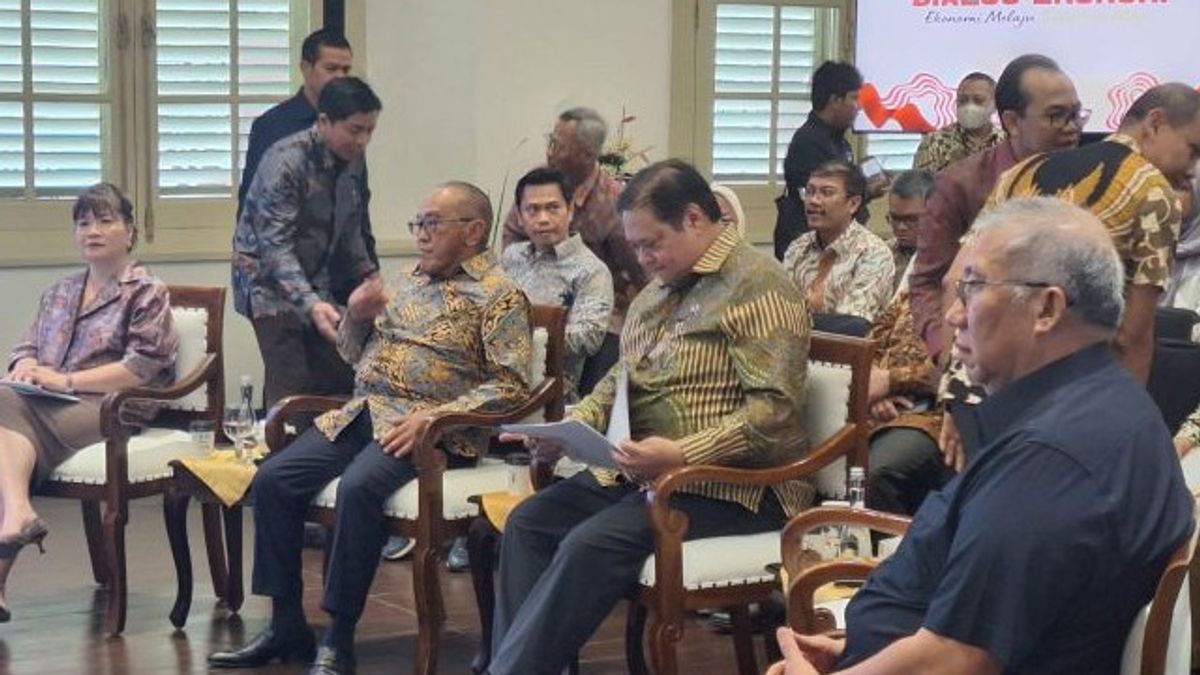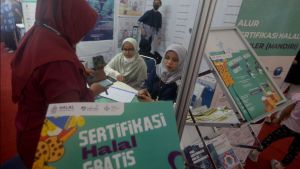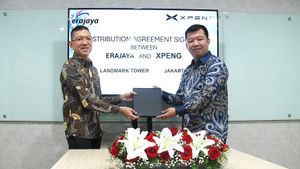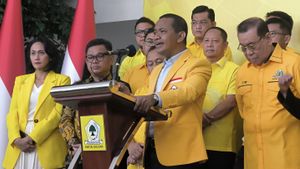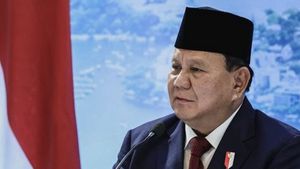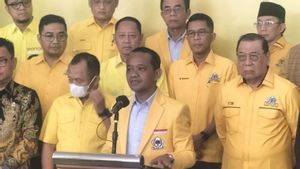Chairman of the DPR Budget Agency (Banggar) Said Abdullah asked the government to pay attention to the middle class to maintain domestic consumption performance in supporting economic growth.
Economic growth is always dependent on domestic consumption, but it is threatened with a decline in the Indonesian middle class. Since six years ago, our middle class has fallen by 8 million people. Even though they are actually the driving class for domestic consumption," Said said, in Jakarta, quoted from Antara, Tuesday, August 27.
In the 2025 State Budget Draft (RAPBN), the government proposed a target for economic growth in 2025 of 5.2 percent. Meanwhile, Said noted that Indonesia had only once exceeded economic growth above that target from 2015 to 2023, to be precise 5.31 percent in 2022.
According to him, structural issues are a factor that makes it difficult for Indonesia to achieve economic growth targets. High-cost economy, legal uncertainty, and quality of human resources (HR) are also referred to as factors that hinder economic growth.
For this reason, he encourages the government to be more progressive in solving various structural problems that hinder economic growth.
Banggar chairman recommended that the government focus on maintaining domestic consumption with inflation that persists at a low level, investment that supports the opening of new jobs, and provides added value to export products.
At least we need a minimum investment contribution of 1.5 percent, and 0.5 percent of exports as contributors to economic growth every year. Thus, the backbone of demand is not just domestic consumption," he said.
The government is targeting economic growth of 5.2 percent in the 2025 RAPBN, higher than this year's projection of 5.1 percent.
SEE ALSO:
Inflation is pegged at the level of 2.5 percent, the rupiah exchange rate is Rp. 16,100 per US dollar, the SBN is 10 years 7.1 percent, the price of Indonesian crude oil (ICP) is 82 US dollars per barrel, oil lifting is 600 thousand barrels per day, and natural gas is 1.005 million barrels of oil equivalent per day.
Regarding the middle class, Minister of Finance Sri Mulyani Indrawati stated that government policies have supported various community groups, ranging from poor to middle class groups, especially in the social protection program (perlinsos) in the state budget.
The social welfare program provides various supports, such as the Family Hope Program (PKH) and Basic Food Cards, energy subsidies, to exemption from value added tax (VAT). This indicates that social protection is not only for poor and vulnerable groups, but also for the middle class, according to the Minister of Finance.
The English, Chinese, Japanese, Arabic, and French versions are automatically generated by the AI. So there may still be inaccuracies in translating, please always see Indonesian as our main language. (system supported by DigitalSiber.id)
